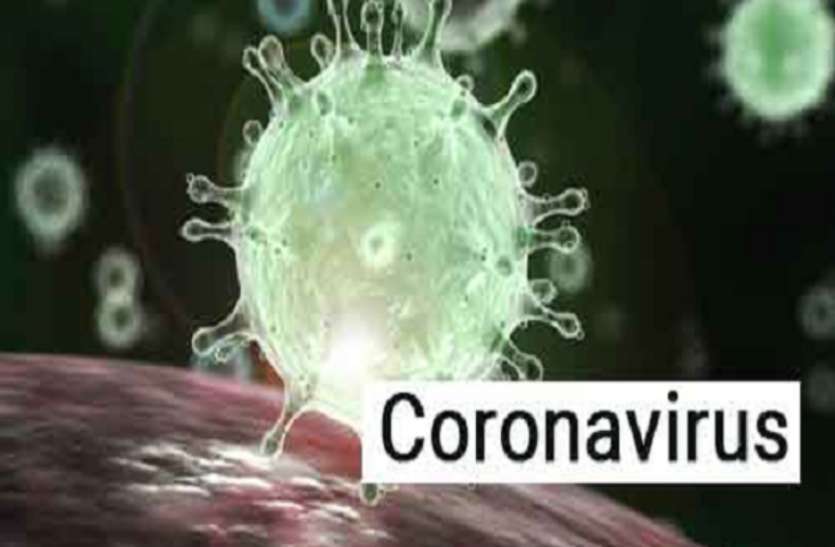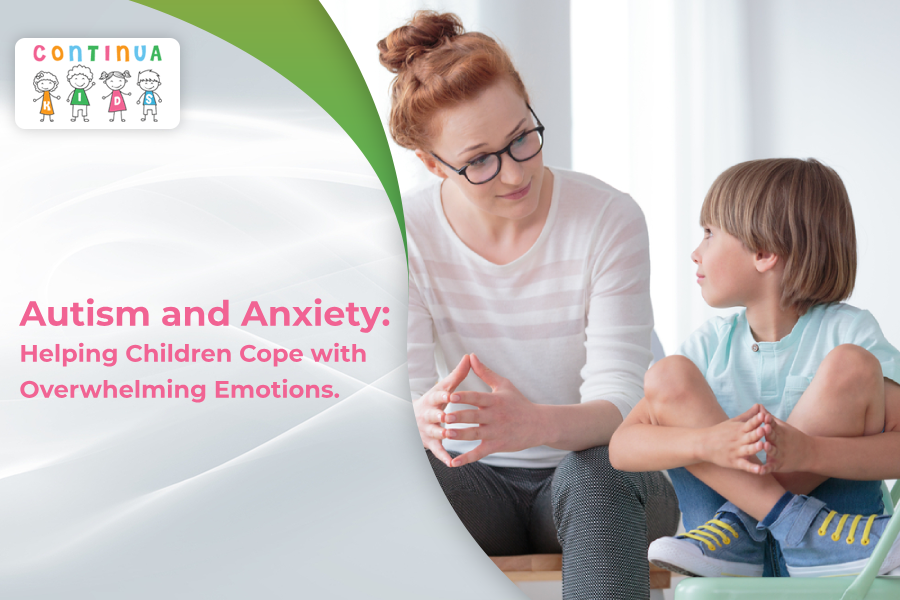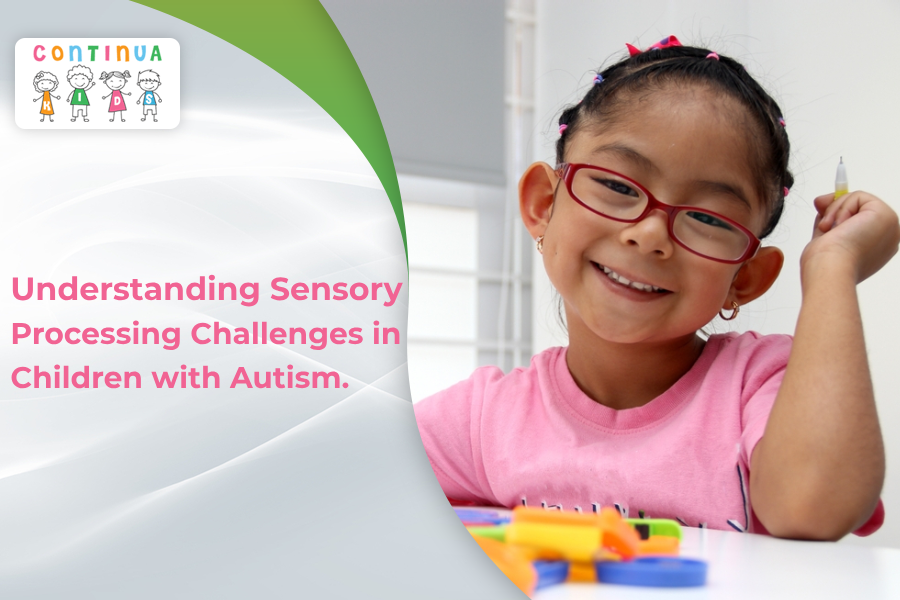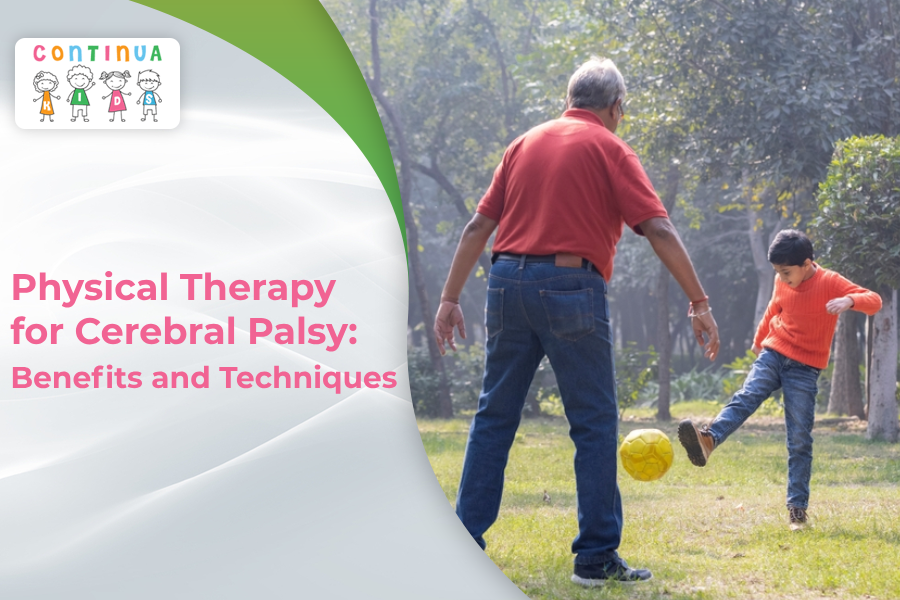What is spreading faster than Coronavirus?
Its PANIC
What is Novel Coronavirus (nCoV)?
It belongs to a family Coronaviridae which looked like spiked rings and are named for these spikes which form a halo around viral envelope. It’s a new strain which has not been previously identified in humans and is known to cause illness in both animals and humans. There are 3 categories of human coronavirus. 1) Alpha coronavirus 2) Beta coronavirus (MERS, SARS) 3) Novel coronavirus.
What are the symptoms of Coronavirus infection?
The symptoms are generally the same as that of any other viral infection. The most common symptoms of COVID-19 are fever, tiredness, and dry cough. Some patients may have aches and pains, nasal congestion, runny nose, sore throat or diarrhea. These symptoms are usually mild and begin gradually. Some patients may become seriously ill and experience symptoms like difficulty breathing.
How does it get transmitted?
People can catch COVID-19 from others who have the virus. It has potential to spread from animal to human and also from human to human which makes it deadlier. The mode of transmission is through respiratory droplets produced when an infected person coughs or sneezes, similar to other respiratory pathogens. These droplets can also land on objects and surfaces. When someone else touches these surfaces, and then touches their eyes, nose or mouth, the virus can enter their body.
What are the precautions one can take to contain the spread?
You should take the same precautions as you do to prevent other viral/respiratory illnesses. Make sure your children refrain from touching eyes, nose or mouth with potentially contaminated hands. Perform strict hygiene, and regularly clean hands with soap and water. You should be lathering hands with soap for at least 20 seconds before washing off.
Stay away from anyone who is coughing or sneezing, maintaining a distance of at least 1 meter.
Avoid touching your eyes, nose and mouth. Make sure your children, and everyone around, follow good respiratory hygiene. When you need to cough or sneeze, cover your mouth and nose with a tissue or your bent elbow. Dispose of the used tissue immediately.
If your child is feeling unwell, let them stay at home to recuperate. If they exhibit symptoms like fever, persistent cough, and difficulty breathing, please visit a doctor.
What are the treatment modalities at this stage?
There is no specific antiviral treatment recommended at this stage. People who get infected receive symptomatic care to help relieve symptoms. If your child is ill, please speak with your doctor for advice on any medications that you need to help relieve symptoms.
Who can develop serious illness?
We are still learning about how COVID-19 affects people, and who are most at risk of developing serious illness. Presently, the data seems to suggest that older persons and persons with pre-existing medical conditions (such as high blood pressure, heart disease, lung disease, cancer or diabetes) appear to develop serious illness more often than others.
Will my child need to be quarantined?
Organisations like the WHO suggest that if you or someone in your family is ill, you practice a form of self-quarantine and social distancing. This means that if your child is unwell, let them stay at home. Practicing proper hygiene like regularly and thoroughly washing hands, covering nose and mouth while coughing or sneezing, and keeping away from others when you are ill can all be effective measures in curbing the spread of the virus.
Most importantly, please don’t get into panic mode. There are many false rumors, information and “cures” being shared on WhatsApp and social media. Kindly do not forward the same without knowing the facts. The WhatsApp message is probably more contagious than this virus!
What is Continua Kids doing to prevent the spread of virus at its centers?
We understand that any space where there is a gathering of people poses a potential risk to spread the virus. We follow strict hygiene standards at all our Continua Kids Child Development Centers. All spaces are regularly and thoroughly cleaned. Staff have been advised to thoroughly wash their hands and sterilize with hand sanitizers before every appointment. Hand sanitizers are available at all our centers for children and parents to use.
We also request you to please consult with us if your child is exhibiting flu-like symptoms (cough, fever) and if necessary reschedule their appointments.




